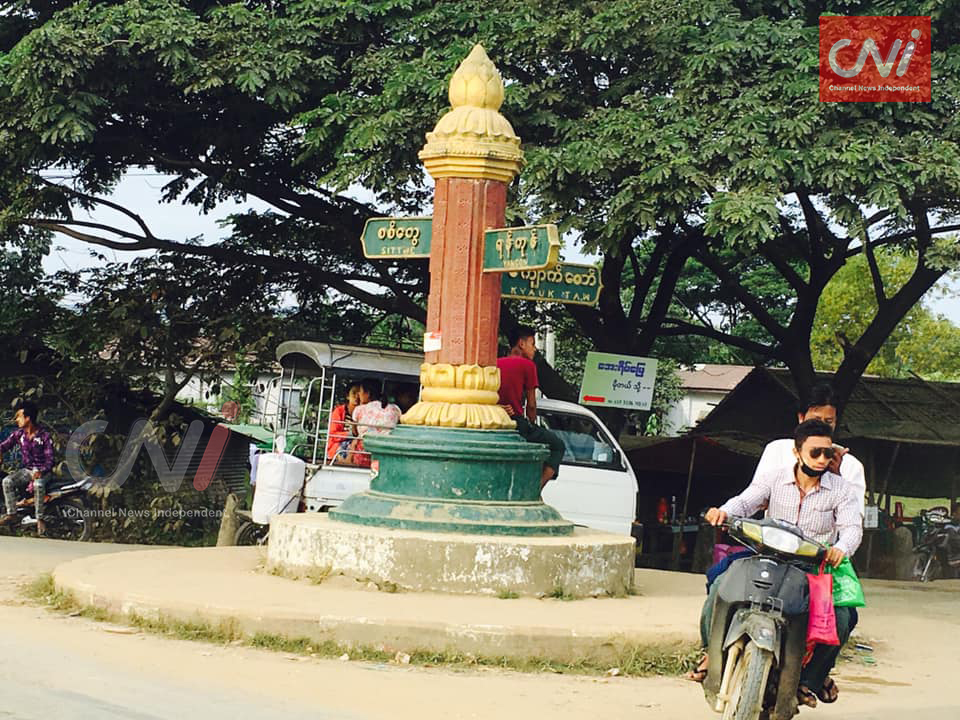CNI News
24 July 2022
As the central part of Rakhine State has faced droughts, paddy yields in the state this year may decrease by half, according to All Rakhine State Farmers’ Union.
As rain has become scarcer in central townships like Kyauktaw, Mrauk-U, Minbya and Ponnagyun, some plowed fields dried up and crops were damaged due to shortages of rain, Chairman U Kyaw Zan of All Rakhine State Farmers’ Union told the CNI.
U Kyaw Zan said, “The central part of the state including Minbya, Kyauktaw, Mrauk-U and Ponnagyun has faced droughts. A large number of paddy fields were damaged. We could not grow rice on 40 percent of farmland and out of the remaining 60 percent of farmland, 30 percent of farmland was damaged due to droughts. We are likely to lose 70 percent of our usual harvests.”
Due to rising prices of inputs like fertilizers and fuel oil, cultivation costs have increased and only 60 percent of farmland was used for cultivation of paddy this year.
Although it is the rainy season, rain is scarce and farms have dried up, according to farmer Ko Maung Win in Minbya Township.
Cultivation in Rakhine State.
Ko Maung Win told the CNI, “There is no rain. Farmland dried up and hardened. There are many difficulties and I think there will be shortages of rice in the coming year. Rain is very scarce although it is time for heavy rain. Now, farmland that has been plowed relying on rain has become hardened.”
Farmers said there might be rice shortages in Rakhine State as rain is scarce in townships where rice yields are highest in the state like Kyauktaw and Mrauk-U.
Before the outbreak of COVID-19, the state produced 70 million baskets of paddy but the yields dropped 40 million baskets during the pandemic.
In this year, total acreage of rice cultivation decreased due to high cultivation costs while droughts destroyed paddy fields. U Kyaw Zan said that he was worried about rice shortages in Rakhine State.
U Kyaw Zan told the CNI that the problems could be solved only by the Rakhine State Administration Council by making field trips to the areas.
Cultivation in Rakhine State.
U Kyaw Zan said, “The role of the government plays an important role in solving such an enormous problem. It is impossible for individuals to overcome such an enormous problem. So, the government should make field trips to the areas systematically and offer assistance. Most importantly, we need water and the government should provide us with pumps to supply water to paddy fields. In addition, as we don’t have dams, we will have to rely on rivers and the government should build irrigation facilities. As there is no dam in our area, costs will be very high.”
Although there are irrigation facilities in Rakhine State, farmers in the townships have to rely on river water but fuel prices are rising and farmers cannot afford to pump river water.
Rakhine State needs about 500,000 tons of rice for its populations and this year’s harvest will not meet the needs and is likely to buy rice from Ayeyarwady Region, according to experts on agriculture in the state.




